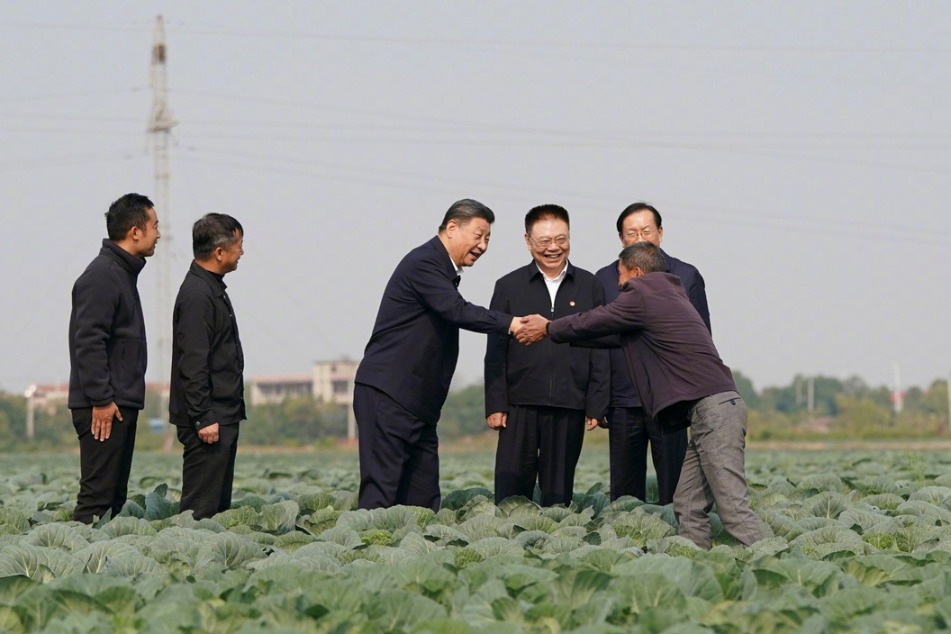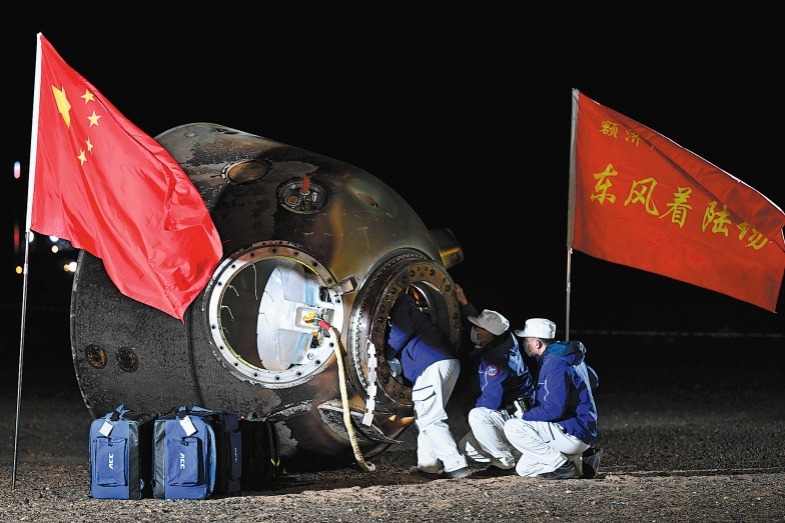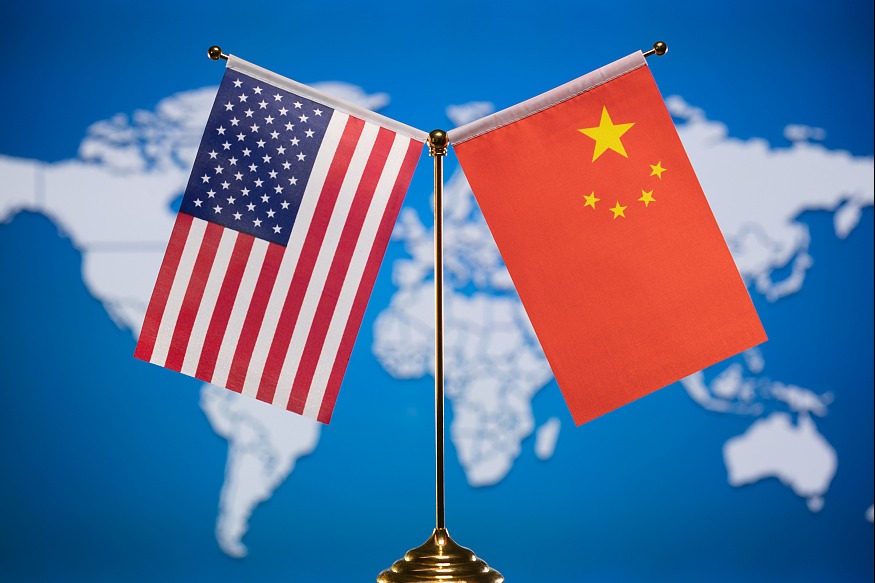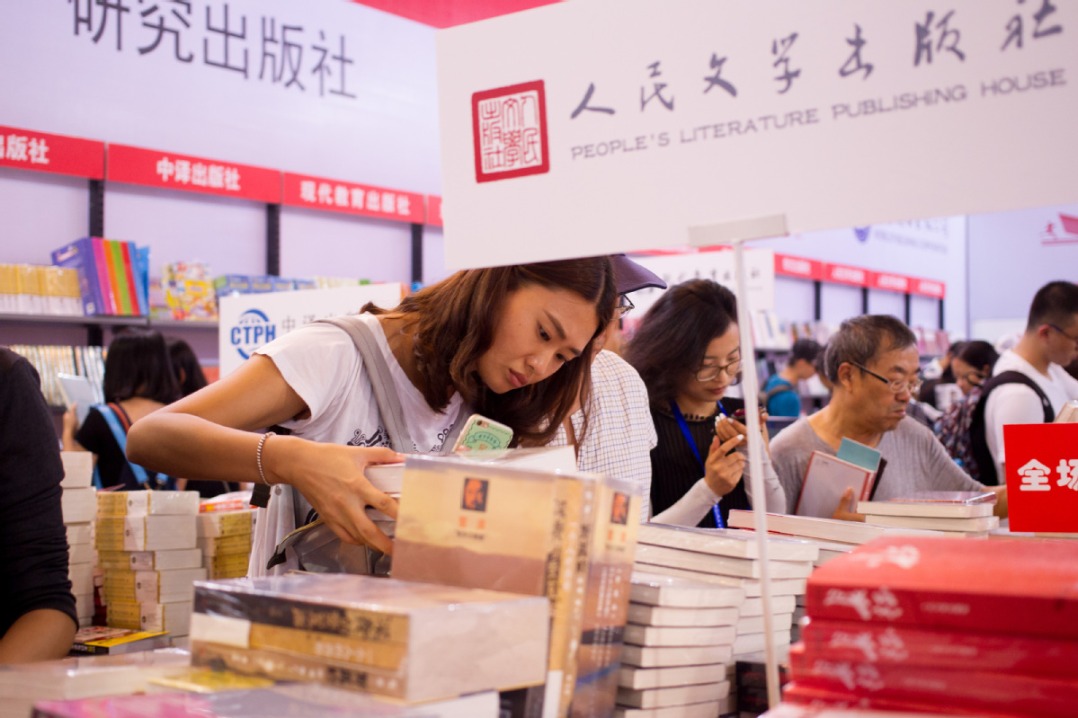EU should uphold strategic autonomy instead of doing Washington's bidding: China Daily editorial


The World Trade Organization's dispute settlement body may not be the ideal mechanism to approach to resolve trade disputes given its complicated and time-consuming procedure. Yet China has filed a lawsuit with the mechanism against the European Union for imposing steep tariffs on Chinese-made electric vehicles on Oct 30 in order to demonstrate its commitment to resolve trade disputes through proper channels instead of taking tit-for-tat actions.
Although China has taken some countermeasures against imports from the EU, a tariff war is the last thing it wants, because the tariff war the United States launched against China in 2018 has hurt both sides. That's why Beijing has intensified its efforts to push Brussels as well as individual EU member states to seek a mutually acceptable resolution to the trade dispute.
The European Commission may be defending the findings of the so-called antisubsidy probes it launched into Chinese EV makers in October last year as justification for imposing the punitive tariffs of up to 35.3 percent over and above the existing 10 percent duties on imported cars for five years. But its arbitrary move is similar to those made by the US and Canada to levy 100 percent tariffs on Chinese-made EVs.
The EU should stop pretending to be engaging in fair play, and accept it has imposed the tariffs as part of Washington's China-containment strategy, because using allegations that China subsidizes or is dumping its products as a pretext to blunt the country's competitiveness in the EV and other green sectors has been an integral part of the strategy.
Before the EU unveiled its investigations' findings in July, Washington began putting additional pressure on the bloc, as evidenced by the great lengths US Treasury Secretary Janet Yellen went to before and during the G7 finance ministers and central bank governors meeting in Italy in May to urge allies to present a “wall of opposition” against China in the EV, solar panel, semiconductor, steel and other strategic sectors.
After the EU launched the probes, Washington used every possible opportunity to urge the bloc to urgently take steps to dampen the rising exports of Chinese green products including solar panels and wind turbines, prompting EU leaders to all but declare a full-scale trade war against China.
US Commerce Secretary Gina Raimondo and National Security Advisor Jake Sullivan, for instance, goaded US allies to form a "united front" against Chinese green products before and after Yellen's cry-wolf performance.
Despite the pressure the US put on the EU and its member states, 17 of the 27 EU members, including Germany, opposed or abstained from the Oct 4 vote, exposing the rift within the bloc. Ironically, the major European carmakers the EU claimed it was protecting from Chinese competition by imposing the tariffs said they are against the punitive tariffs and open to cooperating and competing with their Chinese counterparts in the EV market.
In their separate communication with the Chinese side in the past week, both France and Italy, two major EU members that voted for the tariffs, said they attach great importance to healthy and steady trade ties with China and are open to settling the disputes through talks.
An important reason for the lack of substantive progress in the Sino-EU negotiations over the past months is not because the EU side does not know the tariffs will hurt its own interests and slow down its green transition, but because the Joe Biden administration's intensified efforts to pressure the EU to not trade with China in its earmarked sectors.
The result of the US presidential election will have a big impact on the EU as well as its member states in their future consultations with China to settle the disputes. But the EU should realize that the best way to protect its interests is by upholding its strategic autonomy.

































